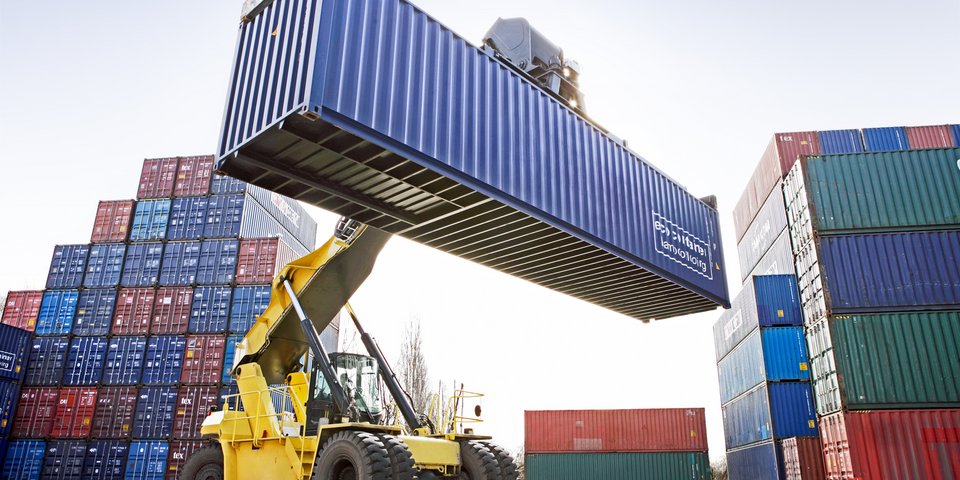 thomaslerchphoto - Fotolia
thomaslerchphoto - FotoliaEuropean Single Market
New EU regulation aims to improve the resilience of the single market in times of crisis.
DB – 12/2024
With the new Regulation
(EU) No 2024/2747 on safeguarding the functioning of the single market in
times of crisis, the European Union (EU) aims to improve the resilience of the
European Economic Area and ensure its stability. The EU is thus responding to
the weaknesses that became apparent during the COVID-19 crisis and is setting a
new framework for anticipation, preparation and management of crises. In
addition to economic stability, the regulation also guarantees social security
in times of crisis.
A comprehensive framework for crisis management
The regulation provides for a series of
measures aimed at improving the resilience of the European single market. The
aim is to guarantee the free movement of goods, services and people and to
ensure the availability of crisis-relevant goods and services.
One key measure is the introduction of an
emergency and resilience committee. In future, this committee will act as a
central coordination centre and advise the European Commission. It will analyse
potential risks and make recommendations for necessary measures.
With the introduction of a "vigilance
mode" for the single market, a new framework for overcoming impending
crises is being established. Among other things, regular stress tests and
simulations are to be carried out in order to review and increase the
resilience of the single market.
The emergency mode comes into force once a
crisis has a significant impact on the single market. In this case, targeted
measures can be taken to secure supply chains and free movement within the EU
in order to minimise the negative impact on the single market and ensure the
stability of the Union.
Innovative approaches and cooperation
In order to be able to respond quickly and
efficiently, the regulation promotes the development of digital tools and
voluntary crisis protocols for companies. Interest groups such as economic
players, social partners and civil society are also involved in the process.
Training and simulations are intended to better prepare the concerned parties
for future crises.
Significance for social cohesion
However, the new regulation not only
contributes to economic stability in times of crisis, but also has a positive
effect on the maintenance of social security. By stabilising the labour
markets, it secures the financing of social security schemes, thus guaranteeing
social participation even in times of economic uncertainty.
For example, the short-time working scheme
during the COVID-19 pandemic has made a significant contribution to protecting
employees and their jobs, thereby also ensuring seamless payment of
contributions to the social security institutions. Transferring these and other
successful regulations to the European level and coordinating them better
between the Member States is an essential part of the regulation.
In the health sector, it is also supplemented by
the HERA (Health Emergency Preparedness and Response Authority). While HERA
focuses on the prevention and management of health crises, the Single Market
Regulation ensures the stability of European supply chains.
